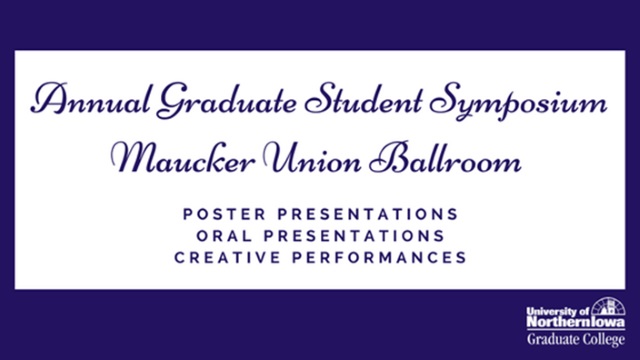
Complete Schedule
Burdens of Proof: Factors that Affect Preferences for Unfalsifiability
Presentation Type
Oral Presentation
Keywords
Belief and doubt; Evidence;
Abstract
Scientific evidence is one of the most essential processes that guides our beliefs, and falsifiability – the ability to be proven wrong – is one of the most essential components of scientific evidence. However, people often base their positions for social topics on beliefs that are either unvalidated or disproven by science, and cite reasons that are unfalsifiable by scientific standards, in order to maintain these beliefs. The present research will examine processes that may relate to preferences for unfalsifiable evidence. Participants from an online sample through mTurk will rate their positions and preferences for unfalsifiable evidence for six social topics: legalization of same-sex marriage, decreased gun control, mandatory vaccinations, global warming education, marijuana legalization, and belief in God. They will also rate their levels of religiosity, political affiliations and extremity, gender, moral conviction, and needs for closure. The data will be analyzed through correlation analyses to indicate the degree and direction of the relationships between all variables for each social topic. The purpose of the present research will be to improve understanding of factors that contribute to science-denial.
Start Date
3-4-2019 1:00 PM
End Date
3-4-2019 4:00 PM
Faculty Advisor
Dr. Nicholas Schwab
Department
Department of Psychology
Copyright
©2019 Kurt Klobassa
File Format
application/pdf
Embargo Date
4-17-2019
Burdens of Proof: Factors that Affect Preferences for Unfalsifiability
Scientific evidence is one of the most essential processes that guides our beliefs, and falsifiability – the ability to be proven wrong – is one of the most essential components of scientific evidence. However, people often base their positions for social topics on beliefs that are either unvalidated or disproven by science, and cite reasons that are unfalsifiable by scientific standards, in order to maintain these beliefs. The present research will examine processes that may relate to preferences for unfalsifiable evidence. Participants from an online sample through mTurk will rate their positions and preferences for unfalsifiable evidence for six social topics: legalization of same-sex marriage, decreased gun control, mandatory vaccinations, global warming education, marijuana legalization, and belief in God. They will also rate their levels of religiosity, political affiliations and extremity, gender, moral conviction, and needs for closure. The data will be analyzed through correlation analyses to indicate the degree and direction of the relationships between all variables for each social topic. The purpose of the present research will be to improve understanding of factors that contribute to science-denial.


